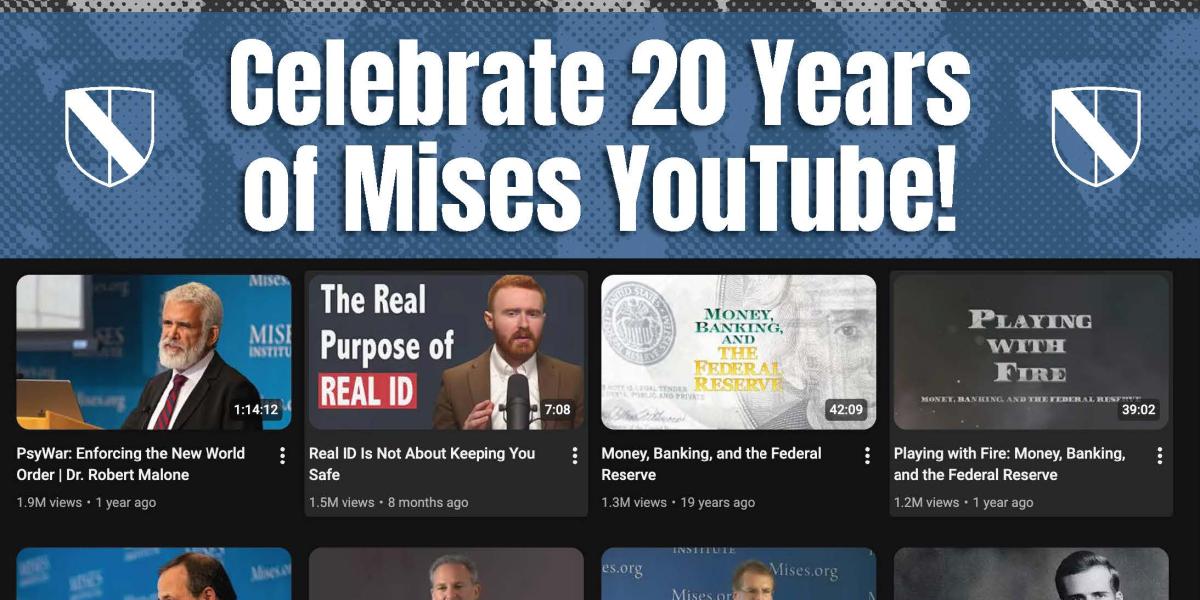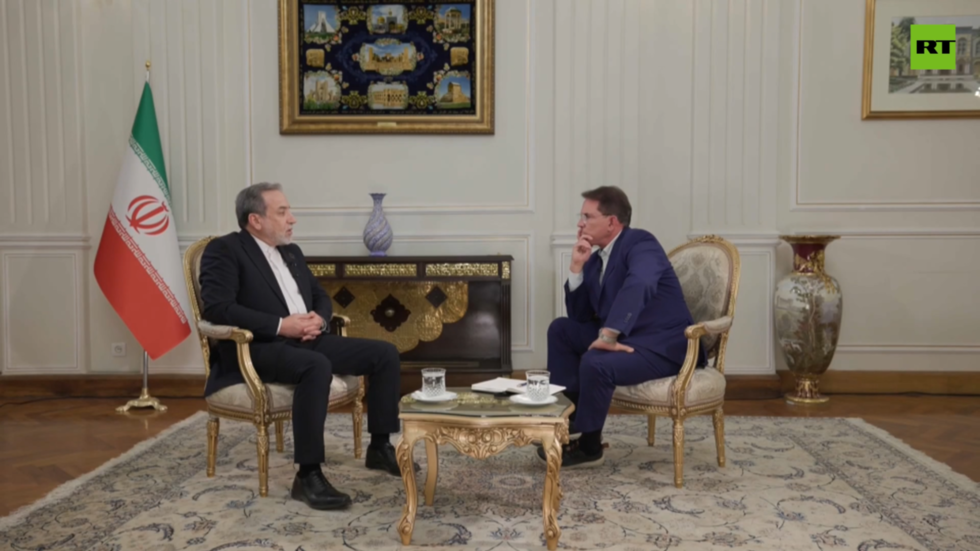I recently read Highway Heist, a provocative book by economist James T. Bennett. Professor Bennett’s specialty is in applying free market thinking to subjects that most people believe require government involvement, and this book gets one to wondering how much better things might be if the U.S. had stuck with its initial, constitutional decision that the federal government should stay out of the road business.
Bennett’s history is fascinating, beginning with a bit of carelessness at the Constitutional Convention. As the proceedings were coming to their close, Elbridge Gerry suggested an addition to Article I, Section 8 (which sets forth the spending powers of Congress). The draft had specified that the creation of Post Offices was within congressional authority and Gerry wanted to add “and post roads.” By a vote of 6-5, the drafting committee voted to accept the proposed language.
Two of the young nation’s foremost advocates of government minimalism, Thomas Jefferson and James Madison, were not happy about the idea that road building was properly a function of the central government. Bennett quotes from a letter Jefferson wrote to Madison saying that if government became active in the building of roads, it would be “a source of boundless patronage to the executive, jobbing to members of Congress & their friends, and a bottomless abyss of public money.” Furthermore, Jefferson warned, governmental involvement would create an “eternal scramble among the members who can get the most money wasted in their State; and they will always get most who are meanest.” Prescient words, those.
Ironically, it was during Jefferson’s presidency that the government first embarked upon road construction, with the National Road. The year was 1803 and Ohio had just been admitted as the nation’s 17th state. Jefferson’s Secretary of the Treasury, Albert Gallatin, wanted the federal government to build a road through the new state, stating that it was essential for “cementing the bonds of union.” Jefferson went along eagerly, his former strict constructionism forgotten. The door was now open to federal “investments” in roads, canals, railroads, and other internal improvements.
The federal government stayed out of roads (but not railroads) until late in the 19th century. The impetus for its involvement came from a lobbying group called the League of American Wheelmen (LAW). The “wheelmen” were bicycling enthusiasts who wanted governments to improve the roads. LAW was led by a Civil War officer named Albert Augustus Pope, who happened to have gotten in on the fad for cycling in a big way—he manufactured bicycles. Cycling would be much more enjoyable if our rutted roads were improved. And he’d sell more.
The LAW wanted both state and federal action. They were opposed by farmers, who didn’t want any further taxes for roads that they generally regarded as satisfactory for their needs. In one of the many intriguing bits of history in Highway Heist, Bennett explains that in those days, the upkeep of roads was mostly a local matter. Inhabitants were expected to devote a few days each year to road upkeep. This in-kind “tax” was perfectly acceptable to the farming community and it was able to fend off LAW’s legislation for a number of years.
But not, of course, indefinitely.
What eventually broke the back of the opposition to federal meddling with the roads was that language about “post roads” lurking in the Constitution. In the late 19th century, the Post Office began to offer Rural Free Delivery, thus saving country-folk the trouble of having to go into the nearest town to get mail. The catch was that RFD would only be offered on roads deemed good enough to be “post roads.” Thus did the federal camel get its nose under the road construction tent.
Although Bennett doesn’t mention this, many of the country’s earliest roads were built by private enterprise. (There was no reason for him to do so, since his book is only about the intrusion of government into road building.) When good-quality roads became commercially important, profit-seeking firms were there to provide them. As we read in this article in Access magazine, “During the 19th century more than 2,000 private companies financed, built, and operated toll roads. A glimpse at our history may provide a useful perspective on today’s budding toll-road movement. Private road companies in the 19th century answered an urgent community need, where the government couldn’t, and they did it with creativity and imagination.”
A good example is the Philadelphia and Lancaster Turnpike, which began operation in 1795. It was America’s first engineered road. Another is the Milwaukee—Watertown Plank Road. It was built between 1848 and 1853, using oak planks to connect the new state’s main city with the commercial outpost of Watertown. (I can’t resist adding that when I was growing up, I lived at 12800 Watertown Plank Road.)
Privately built and operated roads were viable, and they still are. Bennett points to some private toll roads in the U.S.
But now back to the history of our government-dominated road system, especially the Interstate Highway System championed by President Eisenhower. Ike knew about the German Autobahn system and figured that the United States ought to have something like it, or even better. So he proposed, rather vaguely, a federally designed and at least partially funded highway network. Then the politicians in Congress and highway experts took over, leading to the enactment of the Interstate Highway System Act in 1956. Bennett observes that there was scant opposition in either party. The few constitutionally-minded members of Congress were brushed aside. There was, Bennett writes, “the sheen of bipartisanship” about the project.
Thus, in 1957, the great highway construction project got under way.
Looking at the Interstate Highway System today, almost everything thinks that it is a wonderful achievement that simply had to happen. The problem, Bennett shows, is that this is another instance of the seen and the unseen. We see the interstate highways taking vehicles rapidly from place to place, but what we don’t see are 1) the damage that was done to many communities (invariably, communities of poor people) who were forced out in the name of progress and 2) the inefficiency that inevitably comes from government provision of anything.
On the first point, hundreds of thousands of people were displaced by highway construction, and not even with compensation for their losses. On the second, building the interstate system entailed considerable cronyism (just as Jefferson had predicted) and overbuilding. Fortunately, a few cities (most notably San Francisco and New Orleans) said “no” to plans to pave over parts of themselves.
Highway Heist inspires some counterfactual thinking: What if we had left road construction to private enterprise? The road network that began with private toll roads would have continued to develop if governments hadn’t intervened. People would never have gotten hooked on the notion that driving should be “free.” The roads and bridges would have been better maintained under private ownership than under government control, with politicians often skimping on maintenance in favor of spending that does them more immediate political good.
By the same token, we might think about the Post Office itself. What if the Founders had left the delivery of mail up to private enterprise? In the absence of a governmental operation, companies would have come into existence to perform that service. In fact, when Lysander Spooner created such a company in 1845, he was able to undercut the government’s rates. The government responded to his (and other) competition by passing a law that protected the monopoly of the Post Office.
Suppose that we hadn’t done that and had permitted open competition in the delivery of mail? We would still have mail delivery, but it would be done more efficiently.
Roads don’t have to be built by government, and we would be better off if we had left it to private enterprise and voluntary cooperation.















